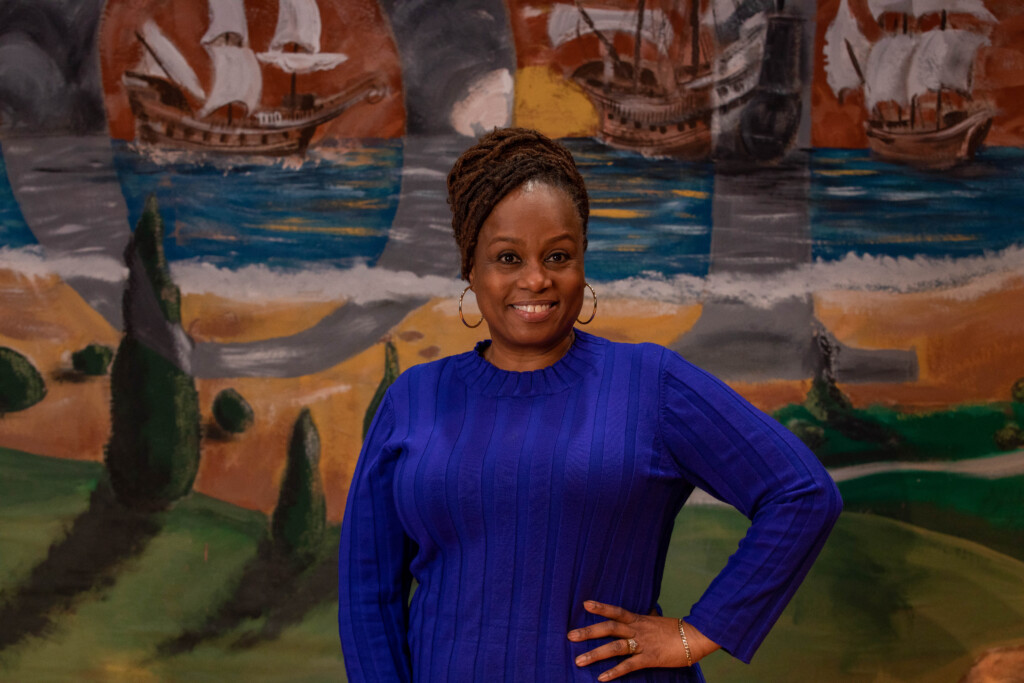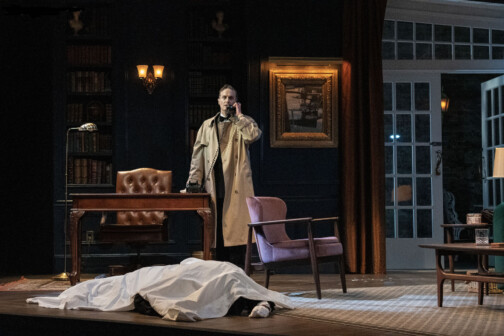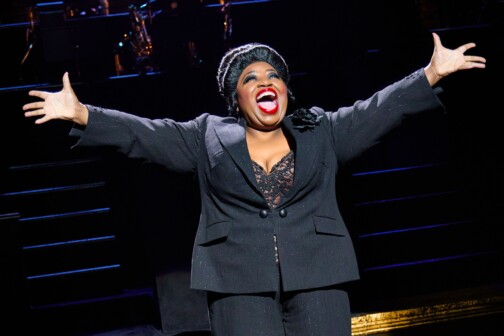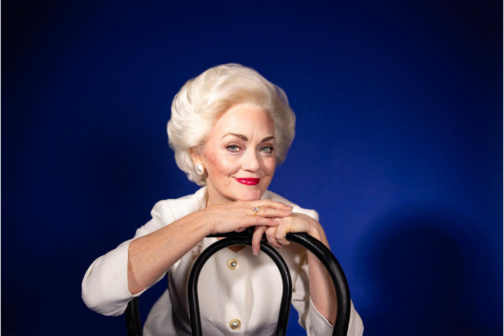Heather McGhee wrote her 2021 New York Times best-seller The Sum of Us: What Racism Costs Everyone and How We Can Prosper Together to reach readers who normally wouldn’t pick up a book about race or economics. The former president of the “movement-oriented” think-tank Demos traveled across the country, filling each chapter of her book with people and stories that help reveal the cost of racism and the power and potential that racial solidarity could have.
The key metaphor within her book is the concept of “drained pool politics,” a reference to local governments that, when faced with integration orders, drained the grand public swimming pools built in the early 1900s. McGhee says the concept refers to “what happens when communities are so divided by race and culture that they’re unable to come together and invest in public goods and in the common good.”
The Sum of Us argues that the country doesn’t have to work that way. Instead of embracing that false “zero-sum mindset,” McGhee proposes what she calls the “solidarity dividend” that emerges from people of different races coming together for a common cause. Her book “tells stories of workers joining together across racial lines to win higher wages, segregated Black and White communities coming together to win clean air and clear water,” McGhee says. “And it’s that story of the possibility of human connection that I think is the hopeful takeaway from The Sum of Us.”
The stories McGhee explores throughout her book are now being brought to life by local playwrights participating in The Sum of Us One-Act Festival, a collection of six 10-minute plays taking place at Bishop Arts Theatre Center’s annual banned books festival. The staging will run from February 29 to March 17. Each play will tell a separate story inspired by the themes and topics from The Sum of Us. The plays address experiences with redlining, predatory lending, oppressive workplaces, immigration, and other subjects.
Becki McDonald is directing the one-act plays, an opportunity she excitedly accepted after reading The Sum of Us. McDonald, who teaches theater at North Garland High School, said she loves the book and connects with how it discusses racism and discrimination as something that “we all have to look inside of ourselves” to address.
McDonald kept the book on her desk after reading it. She also enjoys that this opportunity allows her to work with local playwrights on new stories. “It just was like all the great things coming together at once,” McDonald says.
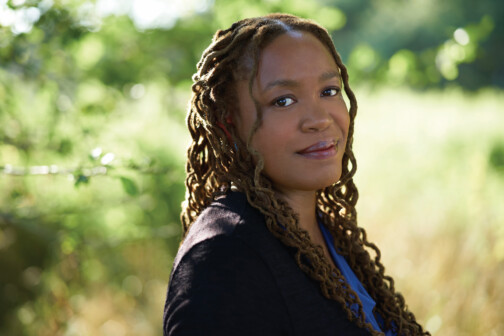
Teresa Coleman Wash, the Bishop Arts Theatre Center’s executive artistic director, asked McDonald if she would be interested in directing the festival after she helped with the center’s recent production of Othello. “There’s no way I could say no to that,” she says.
With the different playwrights exploring a wide range of topics and experiences, McDonald approaches her directorial duties with the mindset that “collectively, we are all in this book.”
McDonald sees the diversity within the plays as evidence of the concept that we share more similarities than differences. Her approach to the festival is to present its themes as a celebration of those similarities but also as opportunities to “shut up and listen” in order to understand new cultural experiences and have the capacity to ask questions later.
McDonald remembers how the production got together near the end of the first day of rehearsals. The team talked about their experiences, or lack thereof, in relation to the stories they would tell. “It was electric,” McDonald says, describing how enlightened she felt by the conversation. She feels that positive energy carried into the scenes they performed in rehearsals. “It was so fantastic because they immediately connected, and we’re able to work.”
McDonald says she took particular care in ensuring she could accurately present and direct the plays considering some of the experiences differed from her own, such as Lavani by up-and-coming North Texas actor, director, and playwright Shyama Nithiananda. “It’s tricky because you do want to amplify a voice, but you want to make sure that you’re amplifying the voice the right way,” McDonald says.
Lavani tells the story of a Tamil couple who came to America around the onset of the Sri Lankan Civil War. Nithiananda says she found inspiration for the play in McGhee’s message that improvement for some could lead to improvement for all, yet that doesn’t happen because of the collective fear that change may make things worse. She connects the message to her biracial South Asian background and conversations she’s had with her parents about the Asian American experience and the “model minority myth.”
“This idea that, like, what is good for some of us could be good for all of us really felt like the counter argument to the model minority myth and this idea that we just need to stay safe,” Nithiananda says. “We just need to be secure, and we can’t afford to get involved…in other demographics’ problems, but their problems are our problems.”
McDonald emphasizes the importance of having a safe, welcoming theater space like Bishop Arts Theatre Center to explore different perspectives and ask questions in an inclusive environment, which she says is similar to how she cultivates her rehearsals. The center is planning to give audiences a chance to experience these conversations through a series of discussions with McGhee and her mother, Dr. Gail Christopher, the executive director of the National Collaborative for Health Equity and an award-winning advocate for social change, after the festival performances on March 15 and 16.
These talkbacks will mark the first chance for McGhee and Christopher to see the plays inspired by The Sum of Us.
“There is a soft spot in our hearts for theater and for what it can mean in terms of the human experience of empathy and understanding,” Christopher says. She is excited that her daughter’s book has sparked a desire to tell stories based on themes of justice and equality, something she’s felt has been too often missing from recent social efforts.
McGhee says she hopes the plays help audiences “make new connections both emotionally and intellectually” while connecting them with community organizations in and around Dallas. She says theater “is an amazing collaborative production where everyone is working together to bring their own individual strengths towards a common goal, and that common goal, by definition, is a story that reveals our humanity.”
The annual banned book festival takes place at the Bishop Arts Theatre, 215 S. Tyler St., from February 29 to March 17. Tickets and details are available here.
Author



